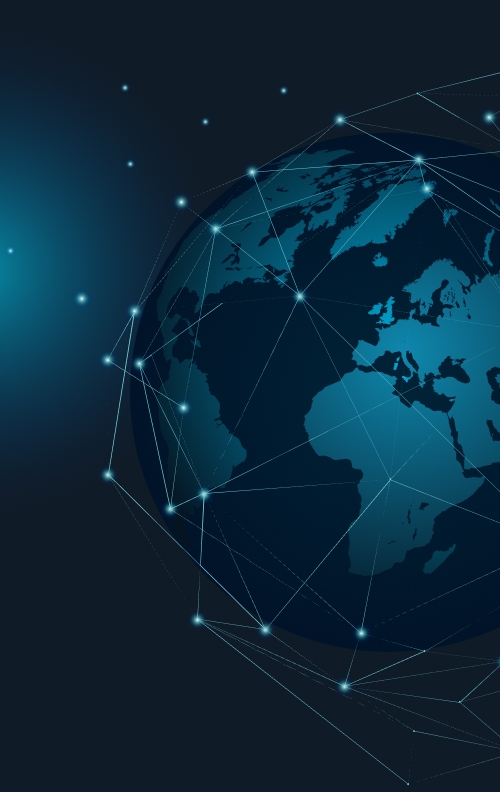Cyber security on vacation: How to protect yourself from attackers
- Press

What to watch out for before your vacation
Be careful already while preparing for the holiday. Search and order vacations only through verified sites and companies. "Attackers can easily create fake websites on which they pose as legitimate travel agencies, when in fact they have no intention of organizing vacations and their goal is to extort funds from the victim or misuse their personal data," explained Michal Srnec, CISO of of Aliter Technologies.
Before ordering a holiday via the Internet, check the correctness of the contact information, ID number, or subject of business via the commercial register. In no case is it recommended to send advance payments or other payments only based on a conversation through social networks, where it is not possible to fully verify the legitimacy of the counterparty. It is precisely on social networks that there are many fraudulent sites that often use sponsored posts in order to impress and subsequently attack a person.
Be careful when sharing your excitement about an upcoming vacation. Information about your absence can also reach thieves. "Just as no one writes on their door that you will be out of the apartment for the next two weeks, I do not recommend announcing it publicly on the Internet either. After all, no one wants to give a hint to thieves that their apartment is, as the saying goes, unsupervised," adds Michal Srnec.
It is also not recommended to publish photos of airline tickets or other documents that contain sensitive personal data. "The sharing of photos of airline tickets or passports is a modern phenomenon. A large amount of information can be extracted from the published photos, which the hacker can combine into a complete picture. Sometimes even the QR code of the ticket is shared, which could be used to manipulate the flight reservation - of course with a combination of first name, last name or other personal data," warns the cyber security expert. According to him, hackers are extremely resourceful these days and you need to be extremely vigilant when sharing photos or videos on social networks.
What to watch out for during your vacation
Internet security standards may be different in exotic countries. Michal Srnec from Aliter Technologies recommends: "If possible, avoid using unknown charging cables and public USB ports, which can serve as a means of infecting your device with a virus - malware. It is more convenient to use your own cables and adapters. Rather than risk getting infected with a virus, invest in a quality power bank to avoid having to charge your devices in an unfamiliar environment."
Be careful when using public Wi-Fi networks, as they can be insecure and easily hacked. Prioritize mobile data or the use of a VPN service, especially if you work with sensitive data or use internet banking. "Using a VPN in such a case makes sense and we can thus increase our security when using public Wi-Fi. However, when using Internet banking, the bank may require additional verification, which is only good," points out Michal Srnec from Aliter Technologies.
The expert does not recommend logging into internet banking or company servers if we need to solve something urgently at work, even through public computers that are available in hotels or in various internet cafes. Care should also be taken when entering payments for various services during holidays. "Hackers today already know how to physically abuse an ATM card by scanning it, or misuse its access that they obtain illegally in the online environment. In order not to become a victim of an attack, I recommend using one-time credit cards when paying on the Internet, and having lower limits set when using a physical card. These services are already routinely offered by most banks," adds the expert.
Protect your privacy
"Always think twice about what you share on social media. The risk of misuse is mainly represented by the sharing of photos. Therefore, it is necessary to carefully consider what photos we share, or to whom we send them. This advice applies doubly to children, or for parents who should adequately instruct their children in this direction. At the same time, I recommend setting your profile on social networks so that only a narrow circle of people, friends whom we trust the most, can see it," advises Michal Srnec, CISO from Aliter Technologies.
Final advice
Our behavior online greatly affects the risks we expose ourselves to. Take care of regular maintenance of your devices. Keep your devices up-to-date, use an up-to-date antivirus program, and strong, unique passwords, ideally combined with two-factor authentication or a password manager. These tips will help you not only on vacation, but also at home.


